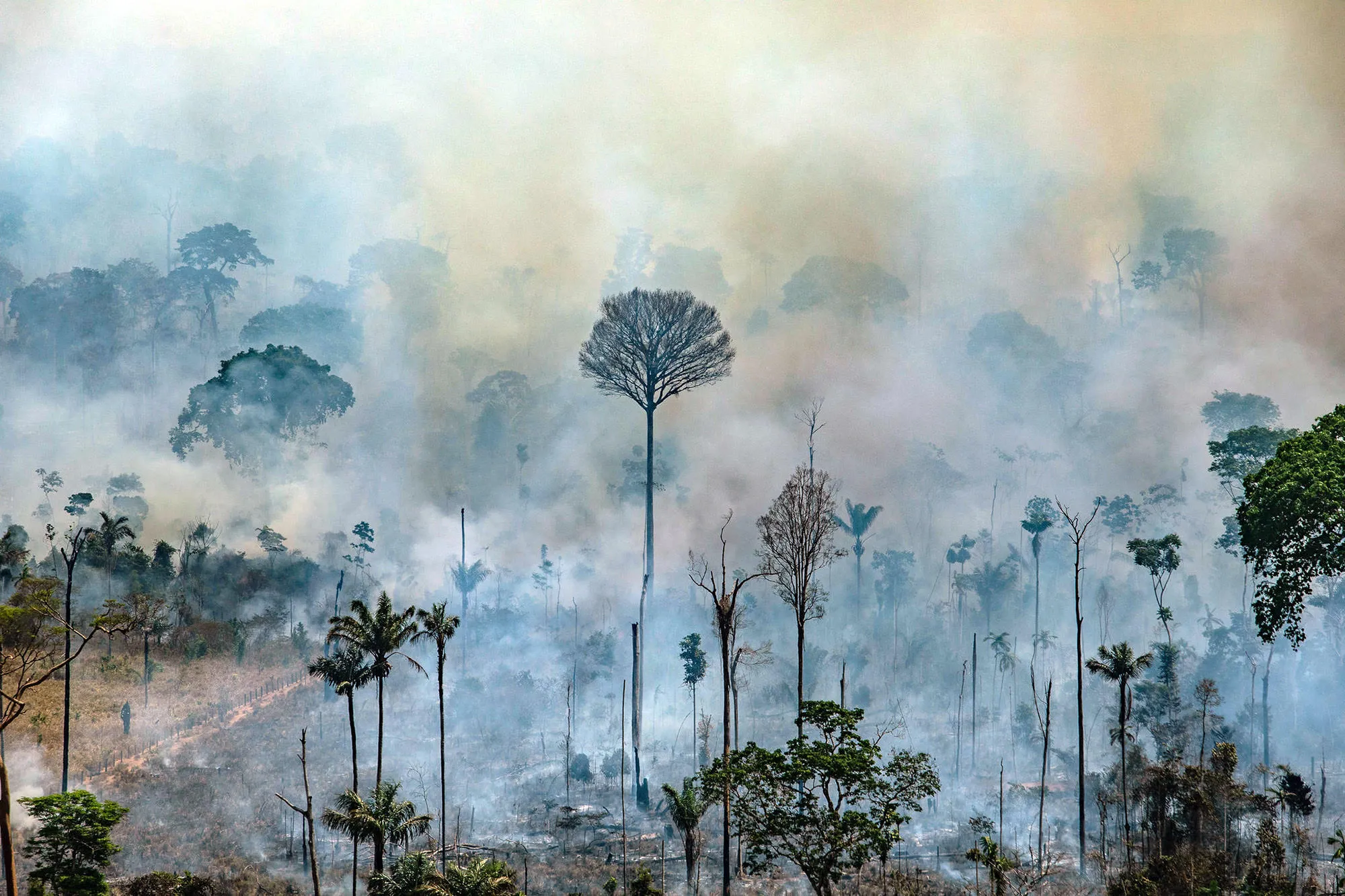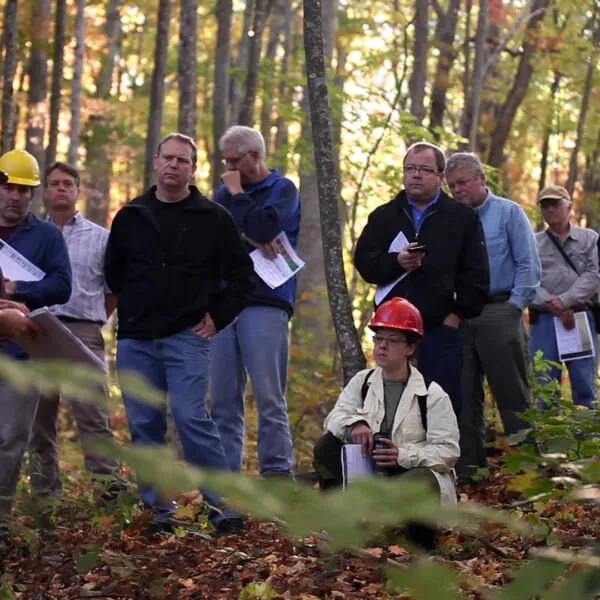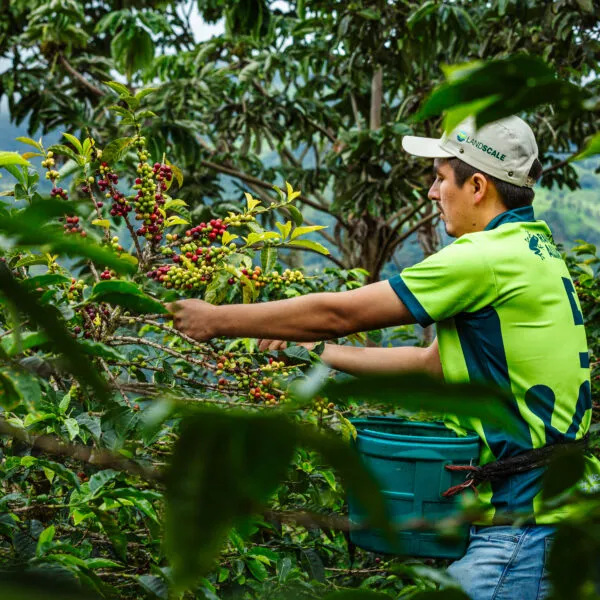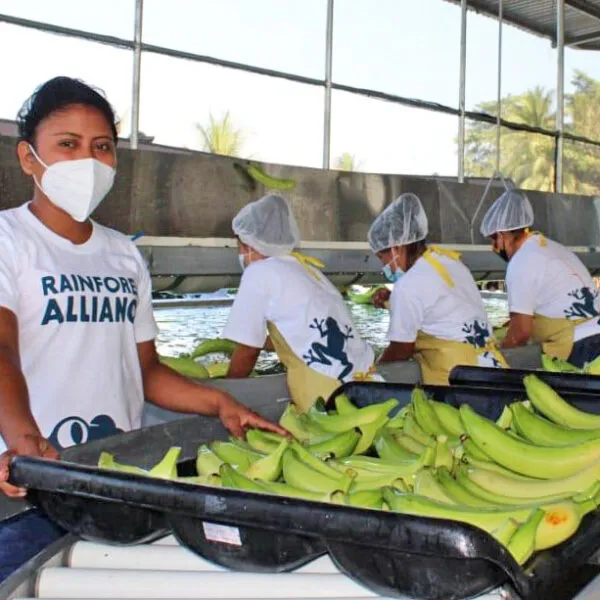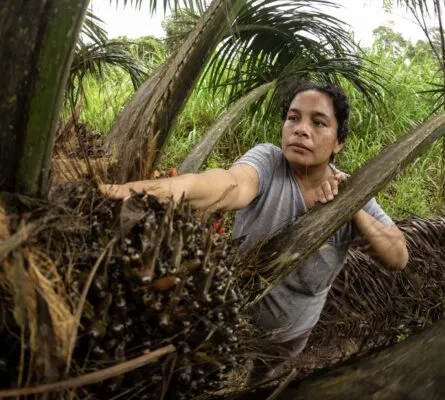How our Forest Allies Community of Practice Collaborates
A community of practice forms when individuals come together for a common goal. Members represent stakeholders that would typically not have the opportunity to collaborate. The group exchanges knowledge, inspiration, and solutions for shared challenges.
